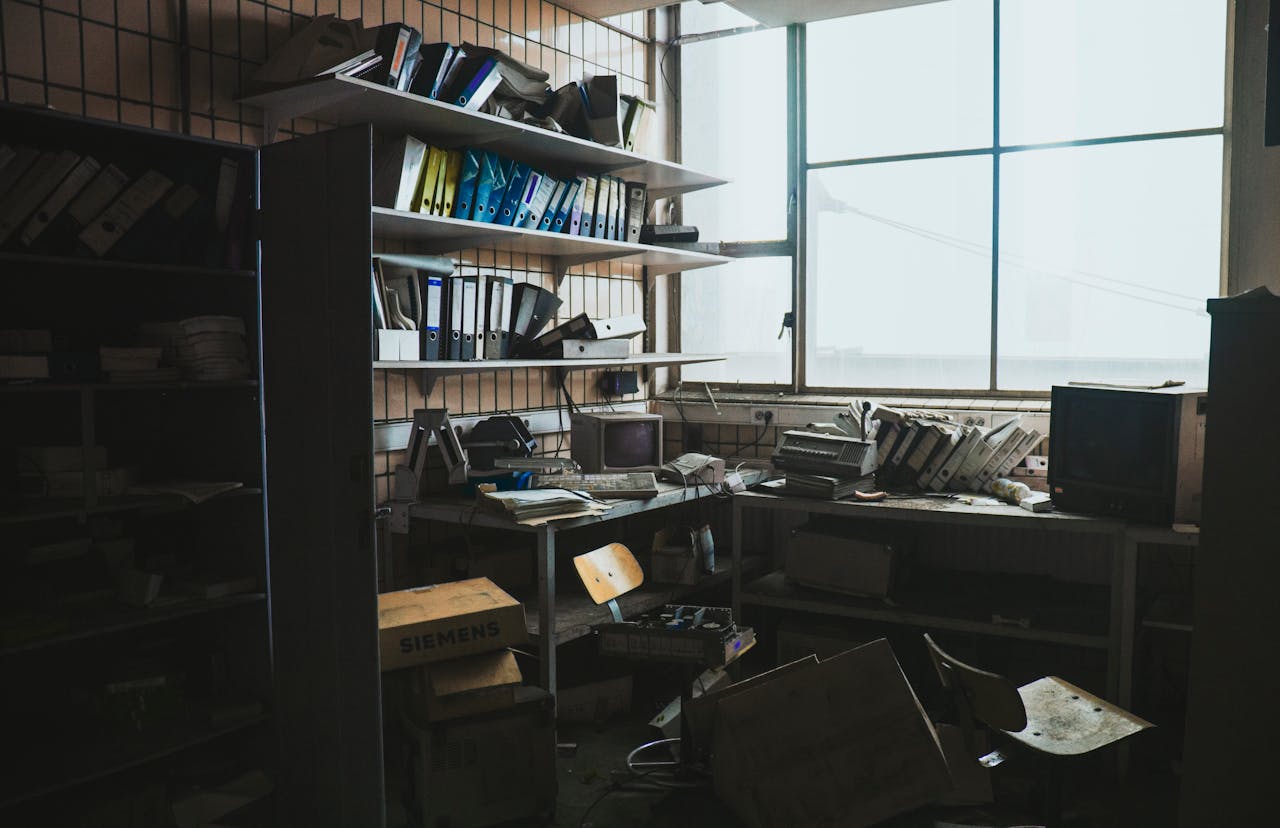Within the mounds of items we accumulate, clutter affects not only our physical environment but also our mental well-being. Far from a benign backdrop, clutter can wield significant psychological effects. Could it be that the measure of our mess mimics the measure of our minds? While the debate continues, what stands clear is the link between accumulated clutter and our emotional state.
The Clutter-Mind Connection
The immediate environment often mirrors the inner states. When our space teems with disarray, anxiety increases, and focus wanes. According to psychology, clutter overloads the senses, impairing task execution and clouding cognitive function. This sensory overload leads to stress and heightened levels of cortisol, the infamous stress hormone. Rather than merely a shared theory amongst psychologists, case studies depict the daunting link between clutter-fiending chaos and an anxious state, suggesting that physical chaos nurtures emotional turbulence.
Not to be overlooked, the act of navigating through clutter on a daily basis becomes mentally exhausting. Each item can serve as an unfinished task demanding attention, resulting in a subtle yet persistent undercurrent of stress. Even subconsciously, the presence of disarray can lead to feelings of guilt or inadequacy as the unfinished tasks pile up in the back of one’s mind.
Research also suggests that clutter can contribute to avoidance behaviors. When faced with a mountain of disorganization, individuals may experience a tendency to shut down or delay other activities. Rather than tackling the mess, people might spend more time procrastinating, which exacerbates feelings of stress and frustration.
For those seeking a practical solution to managing clutter, engaging in a junk clean out service can offer a fresh start towards crafting a more harmonious living environment. Such services can help simplify the process, making it easier to maintain control over personal spaces and subsequently reduce overall stress.
Productivity in Minimalism
Minimalism stands as clutter’s antithesis. Its appeal can be found not only in the tidiness of a space but in the calm it bestows. Psychologists argue a clear workspace aids in maintaining a clear mind. Tasks need not compete for cognitive space with unrelated objects clamoring for attention. With a streamlined setup, distractions fall away, making room for heightened productivity, creativity, and efficiency.
Adopting minimalist principles doesn’t mean depriving oneself of all possessions but rather valuing intentionality overabundance. With a reduced number of belongings, individuals begin to discern what truly matters in both their personal and professional lives. This approach fosters a working atmosphere where clarity prevails, ideation flourishes, and decision-making grows less encumbered.
Moreover, the collaborative nature of shared spaces also benefits from minimalism. When group work occurs in an uncluttered area, team members find it easier to engage, share ideas, and work synergistically. This sense of collective calm fosters a more dynamic and innovative environment for brainstorming and problem-solving.
Clutter and Identity
Personal identity flourishes in orderly spaces. For individuals, collections of items can seem like a refuge. The bits and pieces accumulated hold stories of nostalgia, but these possessions develop an unfair claim on our identity, the more they engulf living spaces. Instead of curating meaning, clutter blurs self-definition’s lines, morphing our identity into amalgamations of things owned rather than values held.
Furthermore, the collection of excessive items may be rooted in deeper emotions like fear of letting go or the anxiety of forgetting. In battling clutter, we face the underlying depths of our human insecurity. Ruthless purging may thus invigorate emotional clarity and solidify self-perception as less reliant on external trappings.
The process of decluttering can transform into a form of self-reflection. As individuals sort through tangible reminders of the past, they encounter choices made and paths taken, fostering greater self-awareness. This goal isn’t about erasing the past but selecting which memories or decisions are worth holding onto in one’s current life journey.
Clutter and Relationships
Environments that teem with disorder not only disrupt personal peace but also strain interpersonal relationships. Household clutter can often spur conflict among inhabitants, peppering everyday interactions with disagreements centered on the state of their chaotic domain. What others see as mere items left around may translate to keeping latent issues unresolved. Conversely, collaboration on decluttering projects can nurture cooperation and camaraderie, transforming a potential wedge into an opportunity for unity.
The Road to Reconciliation
Addressing clutter becomes a necessary part of regaining mental peace and emotional balance. This doesn’t require jumping into total minimalism but rather crafting intentional relationships with the objects one owns. It involves conscious curation—a reconciliation of a few cherished possessions over many forgotten ones, ensuring each holds purpose and meaning. Embracing a clutter-reduced space serves not only to clarify one’s environment but may also do wonders for one’s internal state.
While the direct links between clutter and psychological distress are still elaborately discussed, the repercussions of a cluttered environment are undeniable. For those seeking mental clarity and emotional soundness, confronting clutter serves as an important step in creating an external environment that encourages tranquility and well-being.







